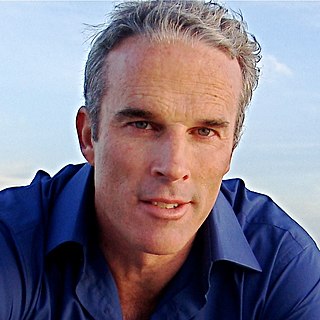A Quote by Hans Rosling
I meet so many that think population growth is a major problem in regard to climate change. But the number of children born per year in the world has stopped growing since 1990. The total number of children below 15 years of age in the world are now relatively stable around 2 billion.
Related Quotes
According to UNESCO: there are over 154 million children in the world deprived of education due to poverty, slavery, racism, religious extremism, gender discrimination, and geographical isolation. The cost to educate a child in the third world is about $ 1 per month per child. To achieve global literacy, the investment would be $ 8 billion per year for 15 years.
The collective shortfall of the 3.08 billion people (47 percent of world population) who, in 2005, lived below $2.50 per day was $507 billion per annum, which indeed comes to about two-thirds of the present US military budget. This gives us a rough sense of how much the eradication of poverty would cost.
In some parts of the world, what you are doing is already apparent.According to the World Health Organization, the warming of the planet caused an additional 140,000 deaths in 2004, as compared with the number of deaths there would have been had average global temperatures remained as they were during the period 1961 to 1990. This means that climate change is already causing, every week, as many deaths as occured in the terrorist attacks on September 11, 2001.
Absolutely love the new campaign from the Optimum Population Trust: do your bit for addressing climate change by having fewer children - or even no children. The lifetime CO2 emissions of a UK citizen amount to 750 tonnes (the equivalent - apparently - of 620 return flights between London and New York), so the extra 10 million by which our population will rise between now and 2074 will, over their lifetimes, emit around 7½ billion tonnes of CO2..."births averted" is probably the most single most substantial and cost-effective intervention that governments could be using




































